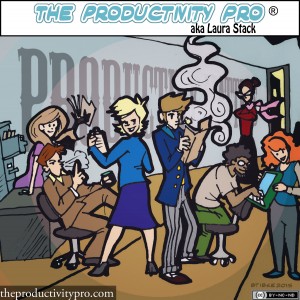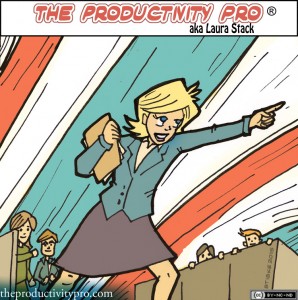
"The visionary starts with a clean sheet of paper, and re-imagines the world." – Malcolm Gladwell, Canadian writer and theorist. Over the last two decades, authors have written hundreds of books and articles about how and why leaders must be visionary thinkers, able to pull reasonable expectations of the future out of their crystal balls and implement plans to guide their teams appropriately. But why don't more publications urge all team members to act as visionaries? This lack of initiative probably stems from fossilized ways of thinking. Both leaders and business theorists have begun to realize the roles of team leader and average worker have begun to converge, at least within the white-collar sector. Leaders more readily consider worker ideas nowadays; increased power and … [Read more...]










